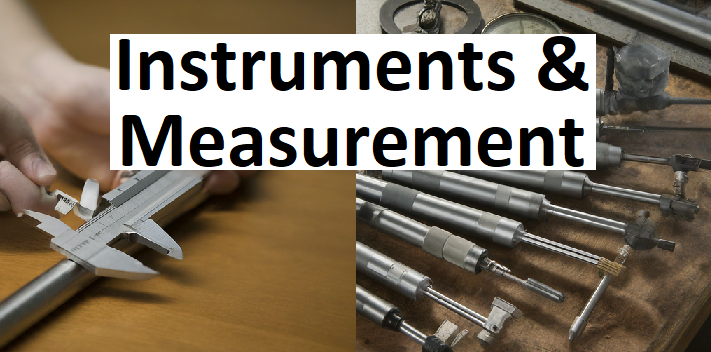Instruments & Measurement – Explore the world of instruments and measurement devices, including their types, leading brands, support resources, troubleshooting tips, detailed specifications, and catalogs. Find the perfect instruments for your specific industries and applications, ensuring accurate and reliable measurements.
Instruments & Measurement: A Comprehensive Guide
Instruments and measurement devices are essential tools in various fields, from science and engineering to manufacturing and quality control. These devices enable precise and accurate measurements, providing valuable data for analysis, research, and decision-making.
Types of Instruments & Measurement Devices
There are numerous types of instruments and measurement devices available, each serving specific purposes:
- Scientific Instruments: Used in laboratories and research settings, these instruments include microscopes, spectrometers, chromatographs, and pH meters.
- Laboratory Instruments: These devices are designed for use in laboratories and research facilities, such as pipettes, test tubes, beakers, and Bunsen burners.
- Industrial Instruments: Used in manufacturing and industrial processes, these instruments include pressure gauges, flow meters, temperature sensors, and vibration analyzers.
- Testing Equipment: Employed in quality control and product testing, these instruments include tensile testers, hardness testers, and dimensional measurement devices.
- Inspection Equipment: Used to examine and assess products or materials, these instruments include microscopes, borescopes, and ultrasonic flaw detectors.
Applications of Instruments & Measurement
Instruments and measurement devices are used in a wide range of applications, including:
- Scientific Research: Conducting experiments, collecting data, and analyzing results.
- Manufacturing: Ensuring quality control, optimizing production processes, and improving efficiency.
- Engineering: Designing, testing, and evaluating products and systems.
- Healthcare: Diagnosing diseases, monitoring patient health, and conducting medical research.
- Environmental Monitoring: Measuring air quality, water pollution, and other environmental parameters.
Importance of Accuracy and Precision
Accuracy and precision are crucial factors to consider when selecting and using instruments and measurement devices. Accuracy refers to the closeness of a measurement to the true value, while precision refers to the reproducibility of measurements. Ensuring accurate and precise measurements is essential for reliable data and accurate results.
Calibration and Maintenance
Regular calibration and maintenance are vital to ensure the accuracy and reliability of instruments and measurement devices. Calibration involves comparing the device’s readings to a known standard, while maintenance includes cleaning, adjusting, and repairing components.
Choosing the Right Instrument
Selecting the appropriate instrument for a specific application requires careful consideration of factors such as:
- Accuracy and precision: The required level of accuracy and precision.
- Range: The measurement range of the instrument.
- Sensitivity: The ability of the instrument to detect small changes in the measured quantity.
- Resolution: The smallest detectable change in the measured quantity.
- Environmental factors: The operating environment, including temperature, humidity, and vibration.
- Cost: The budget available for the instrument.
By understanding the different types of instruments and measurement devices, their applications, and the importance of accuracy and precision, you can make informed decisions and select the right tools for your specific needs.
